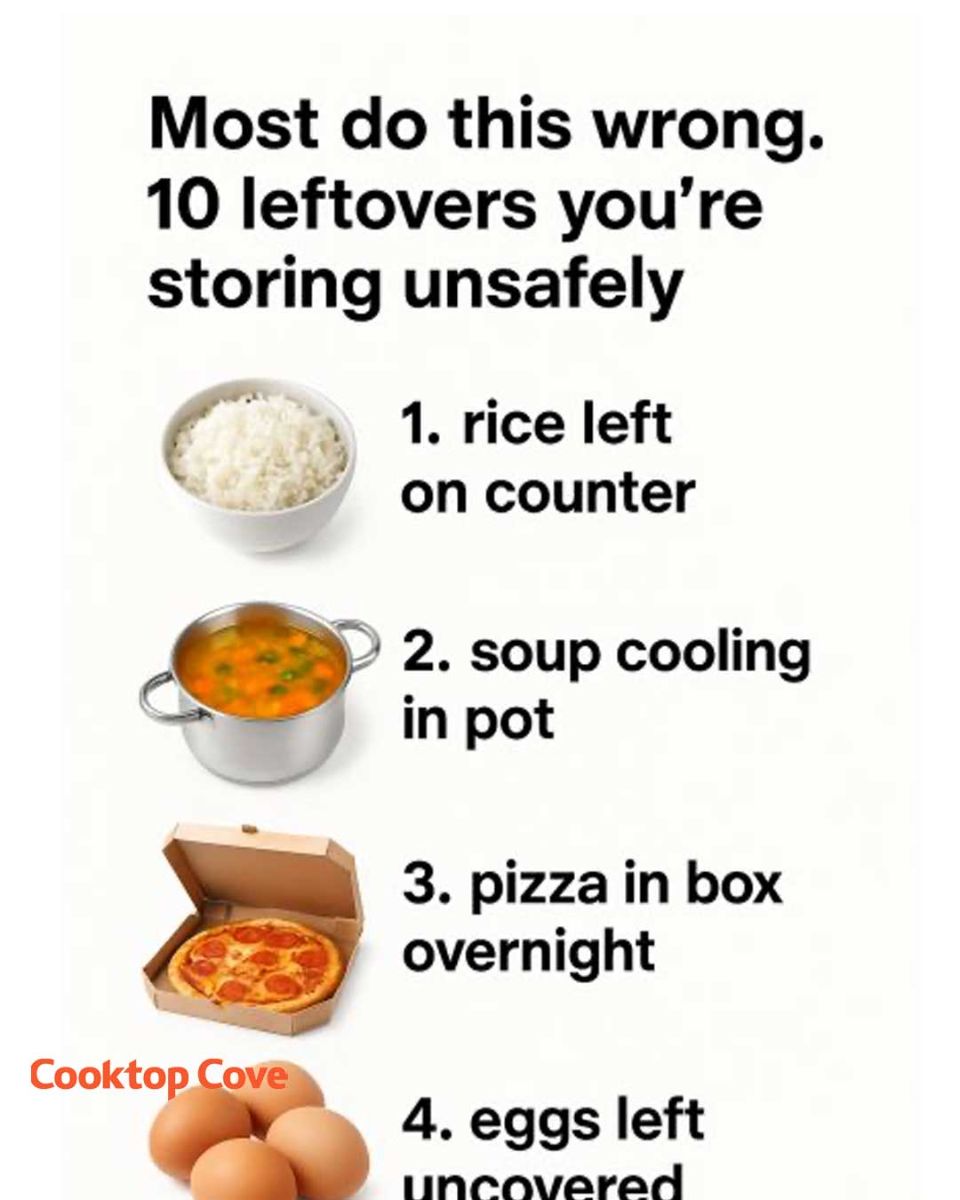While it might be tempting to leave leftover pizza in its box overnight, this habit can lead to stomach troubles. Cardboard boxes do not provide a proper seal to prevent air exposure, leading to bacterial growth. Instead, transfer leftover pizza to an airtight container or wrap it tightly in aluminum foil or plastic wrap before refrigerating.
Always ensure that your refrigerator is set below 40°F (4°C) and consume leftover pizza within 3-4 days. For optimal freshness, reheat pizza in the oven or toaster oven rather than the microwave, as this helps to restore its crispy texture.
4. Uncovered Eggs: What You Need to Know
Storing eggs uncovered in the refrigerator can expose them to odors and flavors from other foods, compromising their taste and quality. Eggs should be kept in their original carton, which offers protection from light and helps to maintain a consistent temperature. The carton also prevents eggs from absorbing strong odors from nearby foods.
Contrary to popular belief, the built-in egg trays in refrigerator doors are not ideal for storing eggs, as the frequent temperature fluctuations from opening and closing the door can hasten spoilage. Instead, store them on a shelf where the temperature remains more stable.
5. Storing Cooked Pasta: The Right Way
Cooked pasta can become sticky and unpleasant if not stored correctly. To avoid this, toss pasta with a small amount of oil before storing it in an airtight container in the refrigerator. This helps to prevent the noodles from clumping together. Consume refrigerated pasta within 3-5 days for the best quality.
If the pasta contains sauce, store the noodles and sauce separately to preserve texture. When reheating, add a splash of water or broth to the pasta to restore moisture and prevent drying out.
6. Potatoes in the Wrong Place: Avoiding Toxins
